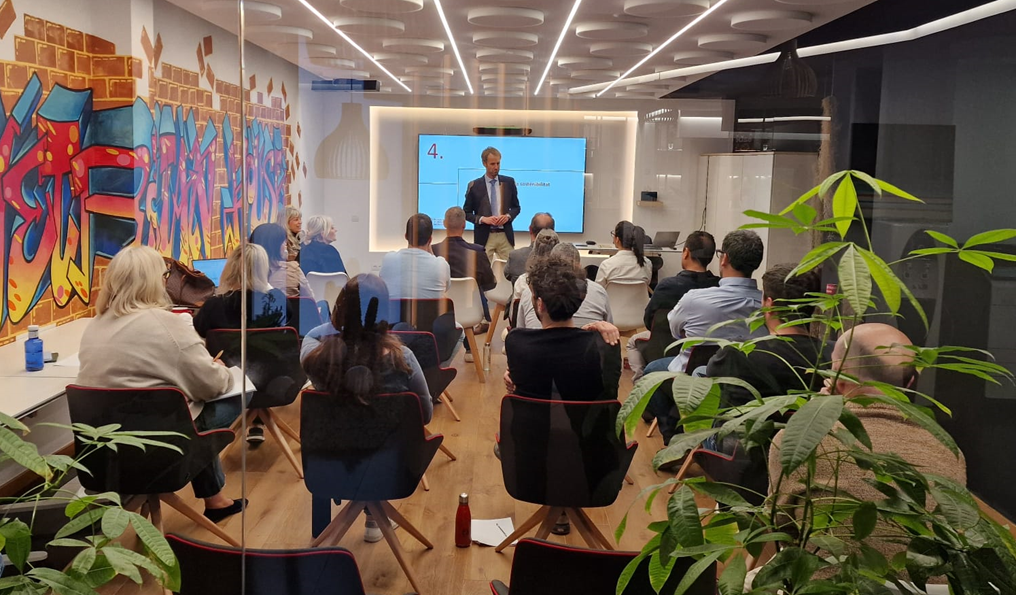Training Metropolitan House staff in sustainability to be a lever for growth and transformation of the company
Metropolitan House, aware of the importance of incorporating sustainability in all aspects of the company, organizes training for its employees to empower them and be the drivers of change towards a more sustainable business model.
In April, all Metropolitan House employees received training on business sustainability in a training session given by Ramon Bastida, director of the Decent and Sustainable Housing Chair at the UPF-Barcelona School of Management.
The main objectives of the training have been to deepen the understanding of the motivations and needs that drive current companies towards sustainability, as well as to learn the fundamental concepts related to business sustainability. In addition, work has been done on employees’ understanding of the impact on the environment of the real estate sector and the development of the ability to implement concrete actions that promote sustainability in all key areas of the company, such as finance, marketing, sales, supply chain, among others.
During the training session, content was presented to reflect and learn about the great challenges facing the Planet, as well as the Sustainable Development Goals (SDG), identifying in which of these objectives the real estate and construction sector can generate a significant impact to contribute to its achievement.
Furthermore, during the training, emphasis has been placed on the current changes in the economic paradigm, as well as the transformations of the business model, especially highlighting the main levers of change and the key factors linked to sustainability in the real estate sector.
European regulations and standards oriented towards sustainability have also been reviewed, such as:
- The European Union Supply Chain Due Diligence Directive (CSDDD): proposed legislation to ensure that European companies respect human rights and the environment at all stages of their global supply chains.
- The Sustainability Reporting and Disclosure Directive (CSRD), a European Union legislative proposal that seeks to strengthen and expand sustainability-related information disclosure requirements for companies. The CSRD is part of the EU’s strategy to move towards a more sustainable economy and to address the growing demand for transparent and reliable information on the environmental, social and governance (ESG) performance of companies.
- The European Sustainability Reporting Standards (NEIS), a set of standards established by the European Union that seek to standardize and improve the disclosure of sustainability information by companies (climate, pollution, water resources, biodiversity, personnel, chain of value, governance, etc.).

Consult the Metropolitan House Environmental Policy



